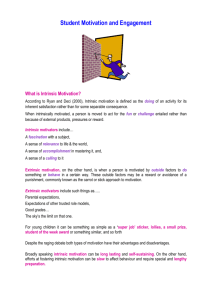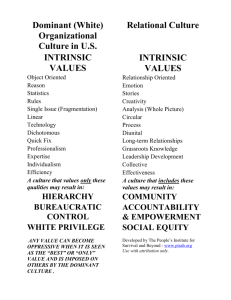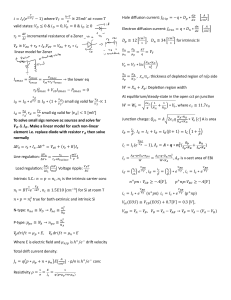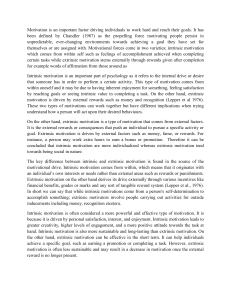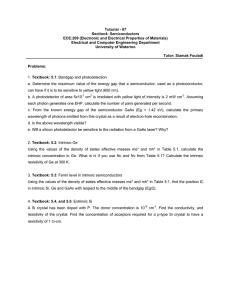Current Event #4
advertisement
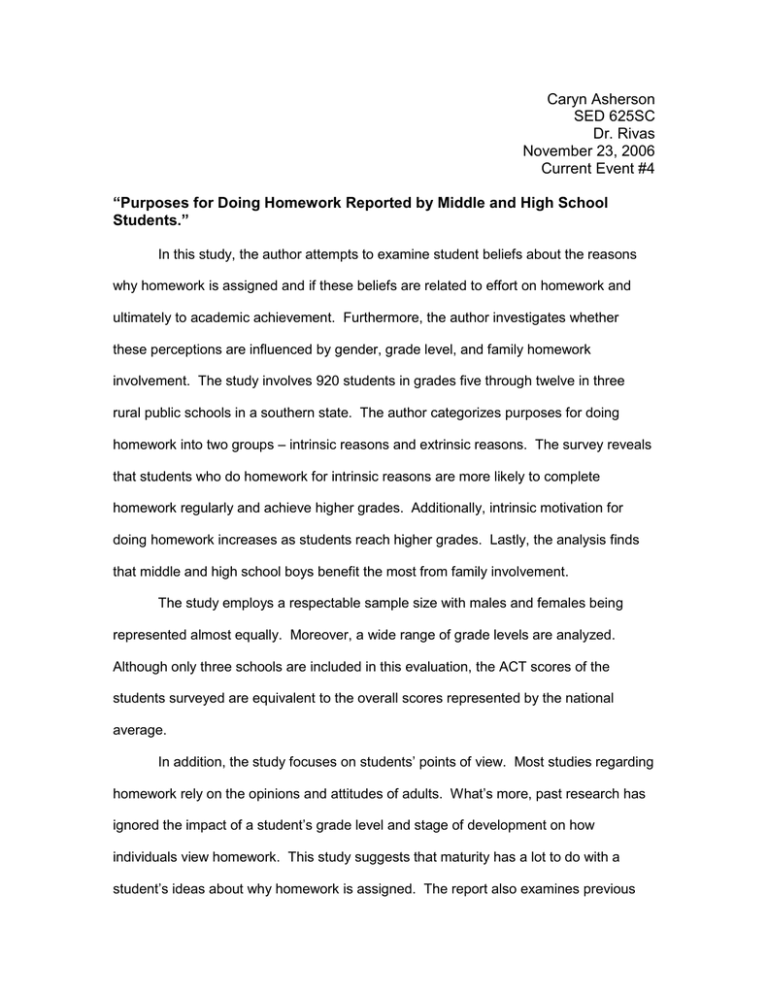
Caryn Asherson SED 625SC Dr. Rivas November 23, 2006 Current Event #4 “Purposes for Doing Homework Reported by Middle and High School Students.” In this study, the author attempts to examine student beliefs about the reasons why homework is assigned and if these beliefs are related to effort on homework and ultimately to academic achievement. Furthermore, the author investigates whether these perceptions are influenced by gender, grade level, and family homework involvement. The study involves 920 students in grades five through twelve in three rural public schools in a southern state. The author categorizes purposes for doing homework into two groups – intrinsic reasons and extrinsic reasons. The survey reveals that students who do homework for intrinsic reasons are more likely to complete homework regularly and achieve higher grades. Additionally, intrinsic motivation for doing homework increases as students reach higher grades. Lastly, the analysis finds that middle and high school boys benefit the most from family involvement. The study employs a respectable sample size with males and females being represented almost equally. Moreover, a wide range of grade levels are analyzed. Although only three schools are included in this evaluation, the ACT scores of the students surveyed are equivalent to the overall scores represented by the national average. In addition, the study focuses on students’ points of view. Most studies regarding homework rely on the opinions and attitudes of adults. What’s more, past research has ignored the impact of a student’s grade level and stage of development on how individuals view homework. This study suggests that maturity has a lot to do with a student’s ideas about why homework is assigned. The report also examines previous research that leads to this study and it suggests ideas for further investigation to extend our awareness in this area. This study falls short in that it only tests views about homework in one subject area – English. Students’ ideas about why homework is assigned in English class may be significantly different than why they believe homework is assigned in science or math. Furthermore, only three schools are included in the investigation and those schools are located in rural areas. The student population observed in the study is ninety percent Caucasian. This experiment should be recreated in an urban setting and questioning should include students from diverse cultural backgrounds, as well as students who are gifted and students with learning disabilities. The implications of this study include the belief that parent attitudes toward homework can have a significant impact on the amount of homework students complete and in overall academic success. Middle and high school boys especially need and can gain a great deal from family involvement in homework. Family involvement in homework may considerably shape whether students complete homework for intrinsic reasons rather than extrinsic reasons. When students complete homework based on intrinsic reasons, they are more likely to have better homework management strategies and attain higher academic achievement. References Xu, Jianzhong (2005, September/October). Purposes for Doing Homework Reported by Middle and High School Students. The Journal of Educational Research, 99 (1), 46-55.
